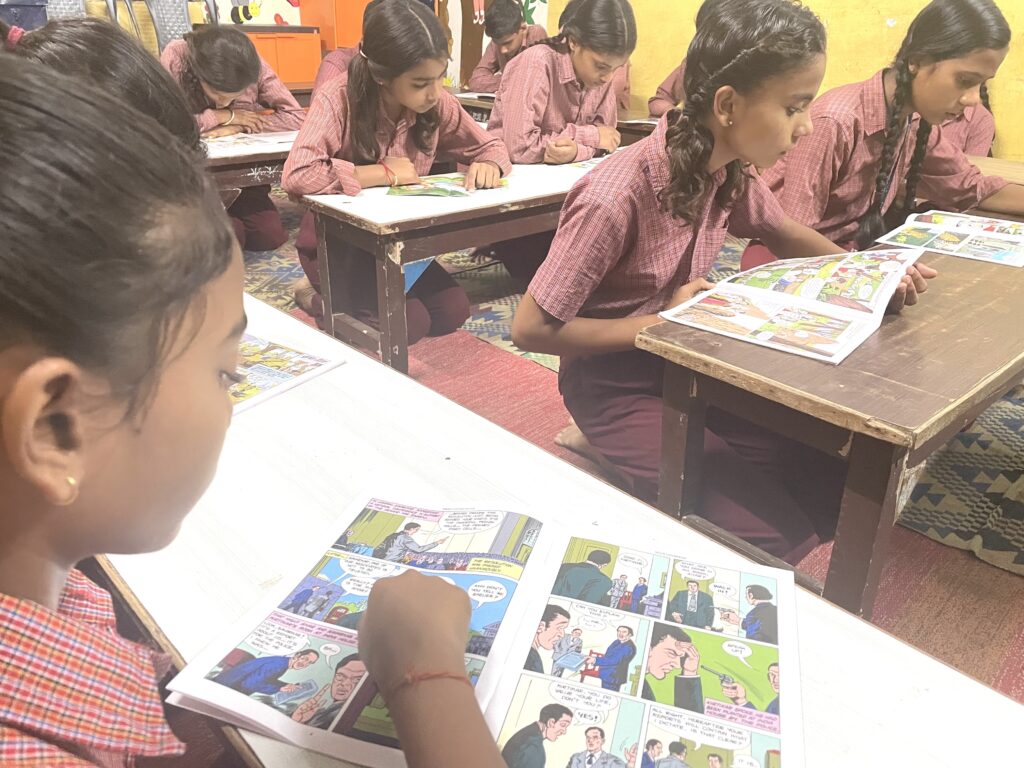Yes, video documentation is highly beneficial for NGOs.
Here are several reasons why it is important:

Storytelling and Engagement: Videos are a powerful medium for storytelling, enabling NGOs to share compelling narratives about their work, beneficiaries, and impact. This helps engage audiences on an emotional level, making them more likely to support the cause.
Transparency and Accountability: Video documentation provides visual proof of an NGO’s activities, projects, and outcomes. This transparency can build trust with donors, stakeholders, and the public, demonstrating that funds and efforts are being utilised effectively.
Fundraising and Awareness: Videos can be used in fundraising campaigns to illustrate the need for support and show the direct impact of donations. They can also raise awareness about specific issues, reaching a wider audience through social media and other online platforms.
Training and Capacity Building: Videos can serve as educational tools for training staff, volunteers, and beneficiaries. They can document best practices, procedures, and success stories, facilitating knowledge sharing and capacity building.
Advocacy and Influence: NGOs can use video documentation to advocate for policy changes, highlight social injustices, and influence public opinion. Videos can effectively communicate complex issues in a relatable and impactful way.
Event Coverage and Highlights: Documenting events, workshops, and conferences on video allows NGOs to share key moments and insights with those who could not attend. It also provides a record of activities for future reference.
Monitoring and Evaluation: Videos can be used as part of the monitoring and evaluation process to visually track the progress and impact of projects over time. This can complement written reports and provide a more comprehensive assessment.
Community Engagement: Videos can give a voice to the community members and beneficiaries, allowing them to share their experiences and perspectives. This can foster a sense of ownership and involvement in the NGO’s initiatives.
